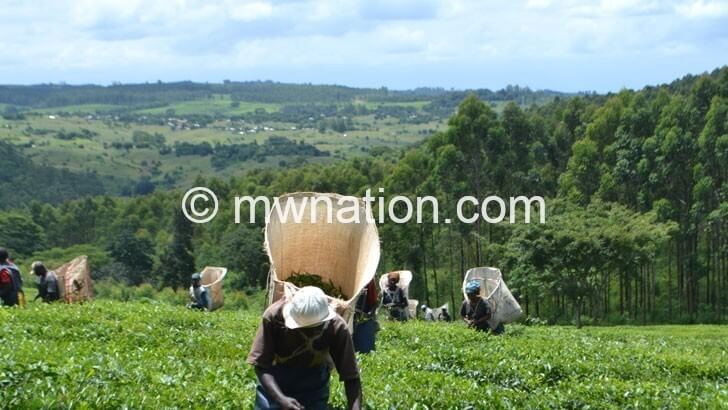Taml board chairperson Sangwani Hara said this in an interview on Friday in Salima on the sidelines of the Gender Learning and Sustainability Symposium that currently tea cultivation is on about 18 000 hectares and output has been hovering around 50 million kilogrammes (kg) annually in recent years, up from 40 million kg about 10 years ago.
He said: “We could do more if we planted more hectares of tea. We have been discussing with the government to see whether Public Private Partnership [PPP] can be considered for increasing production.
“We are discussing with the government to consider allocation of land some of which was identified in public forests which can be done in a PPP arrangement”.
On sexual harassment issues against women in the sector, Hara acknowledged that around 2014, there were reports of sexual harassment against women by some supervisors who were demanding sexual favours from women in return for employment.
Minister of Gender, Community Development and Social Welfare Patricia Kaliati expressed concern about reports that women are sexually harassed in the tea industry and paid less than men.
She called on Taml to build on the existing economic interventions such as the village savings and loans and other financial ventures to enable female workers to be self-reliant.”
On her part, Deputy Minister of Labour Vera Kamtukule said about 10 years ago, it was uncommon to see women participating in the tea industry.
Daisy Kambalane, who is the country director of IDH Sustainable Trade Initiative, an institution financing some activities in the tea industry, said a happy worker will improve productivity; hence, a better and sexual harassment free working environment is key for women.















